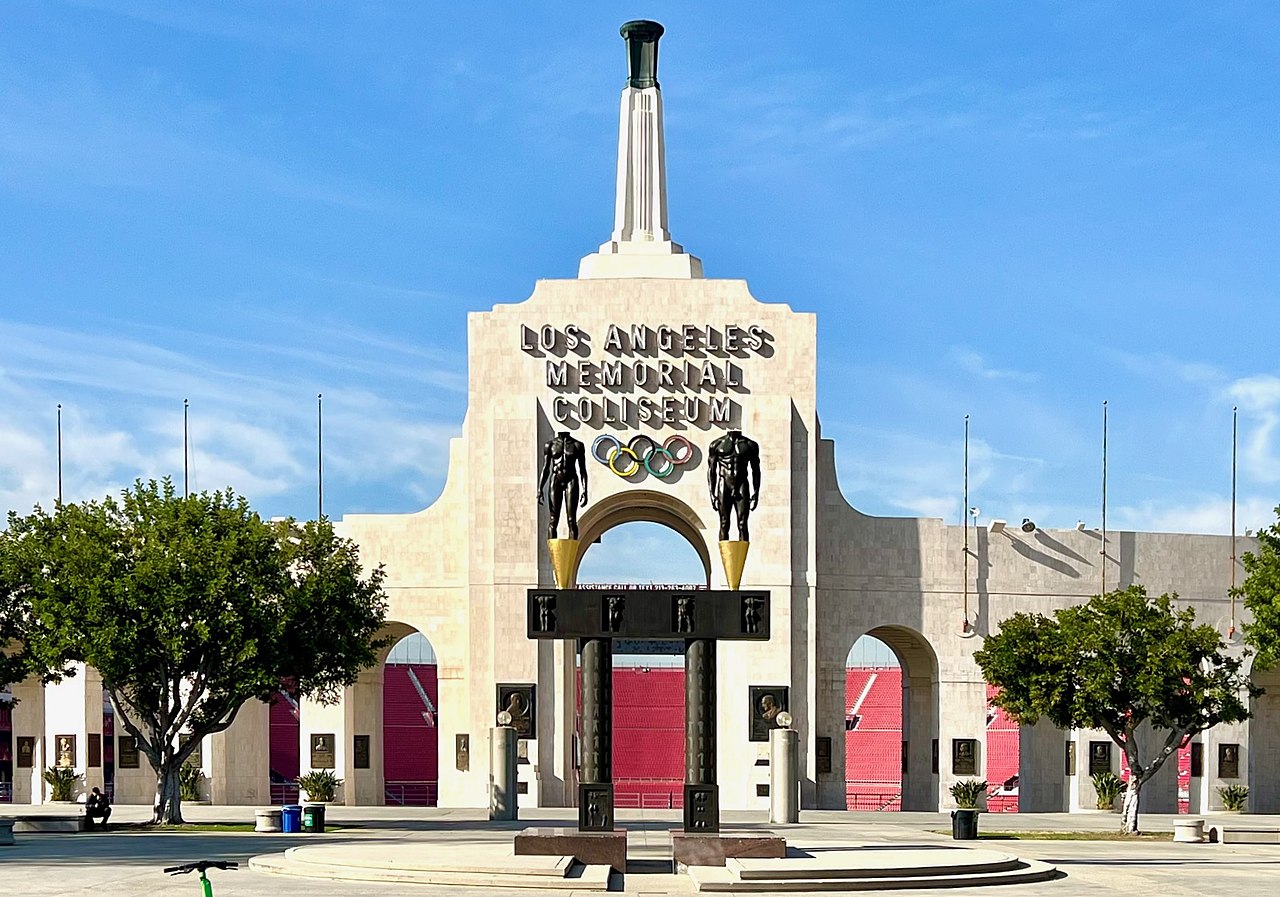
Aecom has been named as the Official Venue Infrastructure Partner for the LA28 Olympic and Paralympic Games and Team USA.
Calling the scope of works “unprecedented”, the company said work involves architecture, engineering, planning, programme management, and construction management to deliver the venue infrastructure for more than 50 Olympic and Paralympic sports, 800 events, and 15,000 Olympic and Paralympic athletes.
Aecom chair and chief executive Troy Rudd said: “Just as athletes push the boundaries of performance in pursuit of excellence, our team brings deep technical expertise and relentless innovation to deliver world-class infrastructure that makes these moments possible.”
Aecom previously helped build venues for the Games at London in 2012, Rio in 2016, and Tokyo in 2021.
Concerned about a legacy of white elephants, the LA28 organising committee last year pledged to hold the first modern Olympics without building any permanent new venues. Instead, it will use existing venues like the Lakers’ home arena and the LA Memorial Coliseum.
LA28 chair and president Casey Wasserman said the strategy would be “uplifting LA’s state-of-the-art venues”.
Aecom said its Aecom Hunt business would oversee procurement, cost estimating, scheduling, and construction management.
- Subscribe here to get stories about construction around the world in your inbox three times a week
Comments
Comments are closed.





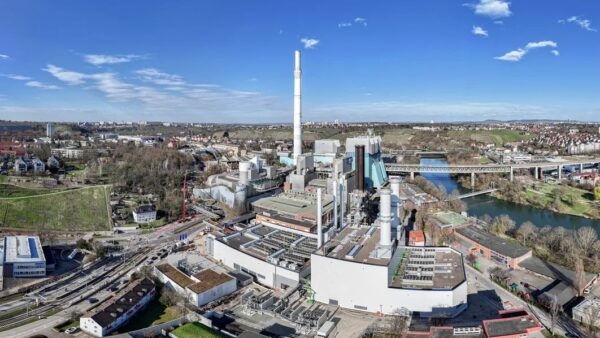
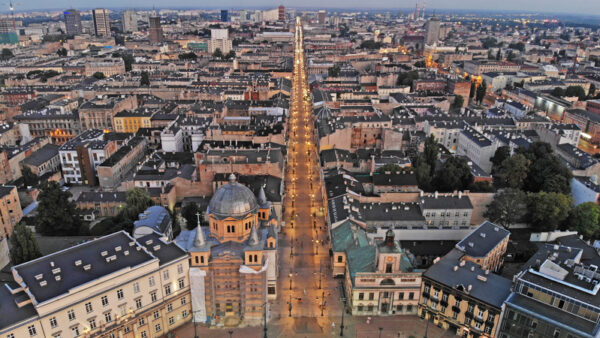
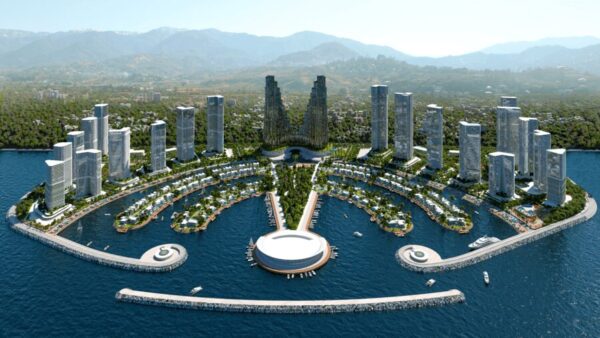
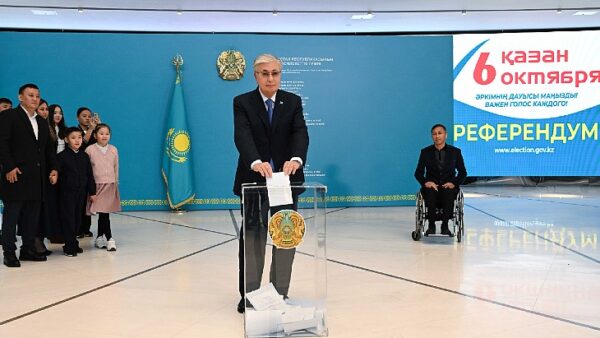
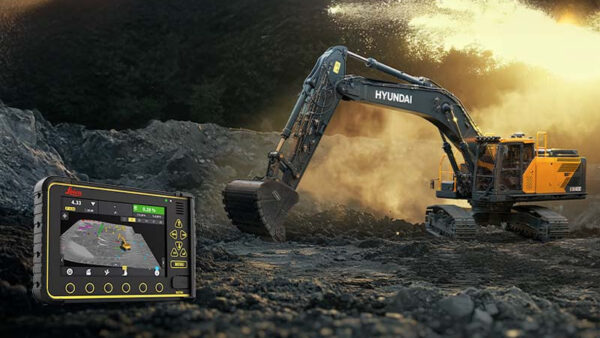
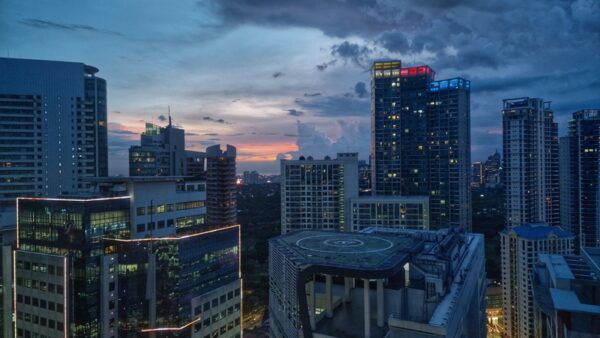
That’s great, but I have the following concerns:
1. Tutor-Perini/Zachry/Parsons and Dragados/Flatiron both bid their High-Speed Rail Construction Packages at around $1 billion yet have spent over $5 billion to date. How can we be assured that AECOM will do better?
2. What are the plans for the modernization of Union Station given that there have been minimal improvements since the station opened in the 1930’s and it lacks run through tracks? There should be some high-speed rail connectivity money for this purpose.
3. Why are there no plans to electrify Metrolink when Caltrain and Denver have proven that electrified commuter rail works and we don’t want the Olympic athletes to breathe in all of that polluted air?
4. Why have many of the 28 transit projects by the 2028 Olympics faltered?
5. On notification that they had won the Olympics, why didn’t LA get to work immediately building infrastructure for the Olympics such as what was done in Salt Lake City and Vancouver?
6. Why won’t Washington DC help fund the infrastructure given that this is the first time in 32 years that the US has hosted a Summer Olympics?
7. Are we looking at another Athens where we’ve fallen so far behind that the International Olympic Committee will threaten to take the games away from us?
Remember that LA did not deserve to win these Olympics. The only reason why LA one is that two other bidders dropped out. The International Olympic Committee then went 1 (2024) and 2 (2028). Paris was ranked first. LA was ranked last.
Paris didn’t exactly hit it out of the park:
1. The Seine River was polluted thanks to the parade of nations being in boats floating along the Seine.
2. The housing for the athletes was not the best. Many either slept in hotels or on the streets.
Despite the fact that LA is way behind the 8-ball, there are several things that LA has going for it:
1. No new venues will need to be constructed saving the city billions.
2. LA hosted the 1984 Olympics faltered.
3. There is an innovative sponsorship plan to ensure that the Olympics are profitable.
4. The athletes will enjoy spacious housing on the UCLA campus.
5. All of the venues will be accessed 100% by transit.
I leave one caution. LA has a huge housing affordability crisis and more unsheltered homeless people than any other city in the country. Match the investment in the Olympics with an equal investment in helping the homeless and building affordable housing.